Electric car tax spreads to new states
One of the major advantages of electric cars is about to be wiped out by several major states, but not everyone is upset about the controversial news.

Controversial new taxes on electric cars are likely to be implemented by Victoria and NSW as well as South Australia.
Pitched as a way of making up for lost fuel excise revenue, special levies on electric vehicles are seen by supporters as a fair way of paying for road infrastructure, while opponents say extra costs will stifle growth of zero emissions vehicles.
Owners of conventionally powered vehicles pay for road infrastructure through fuel taxes of about 40 cents per litre, a cost owners of electric vehicles do not bear.
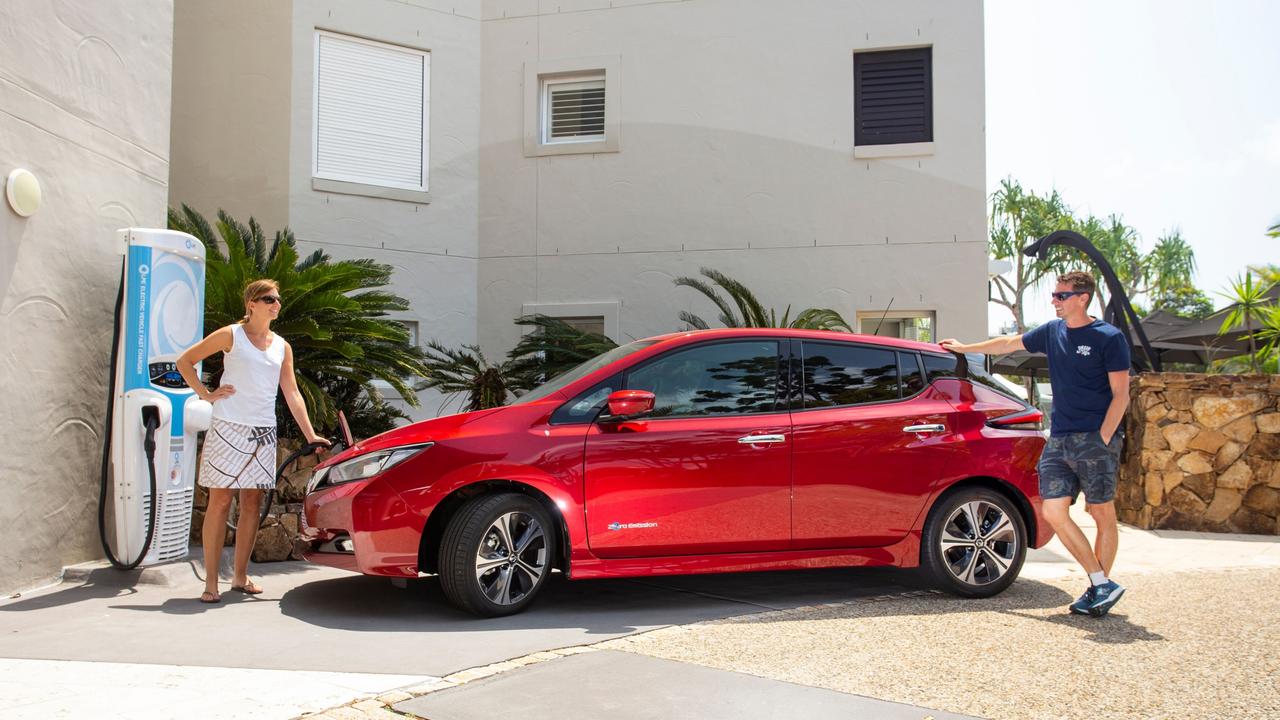
South Australia became the first state to commit to an electric car taxes in November, when treasurer Rob Lucas flagged plans to implement new levies for the 2021-22 financial year, in the form of extra registration fees, and mileage-based charges.
“Electric vehicles do not attract fuel excise and therefore make a lower contribution to the cost of maintaining our road networks,” Mr Lucas said at the time.
Victorian treasurer Tim Pallas revealed plans to introduce state levies on electric cars on Saturday.
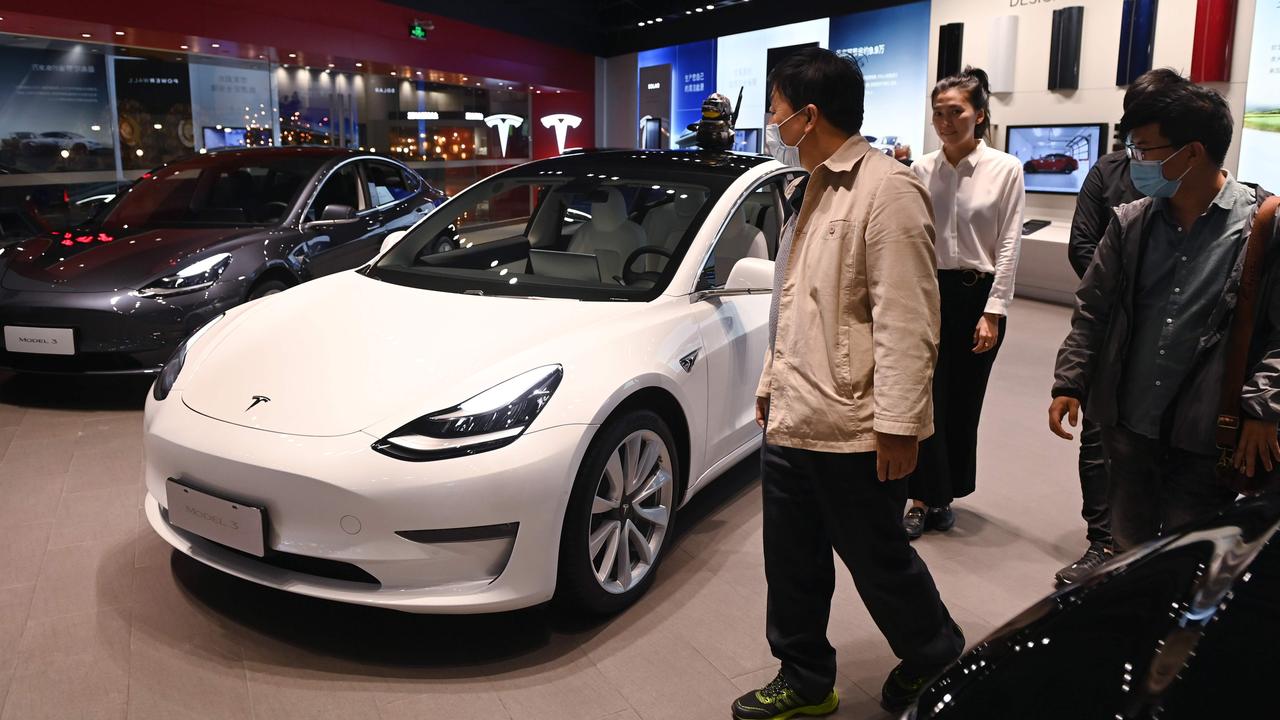
Mr Pallas told the ABC “we need to recognise we have to put in place appropriate arrangements as we move to more electric vehicles and low-emissions vehicles on the network”.
Victoria will charge owners of electric or hydrogen powered vehicles 2.5 cents per kilometre for road use, while plug-in hybrid vehicles will pay 2.0 cents per kilometre.
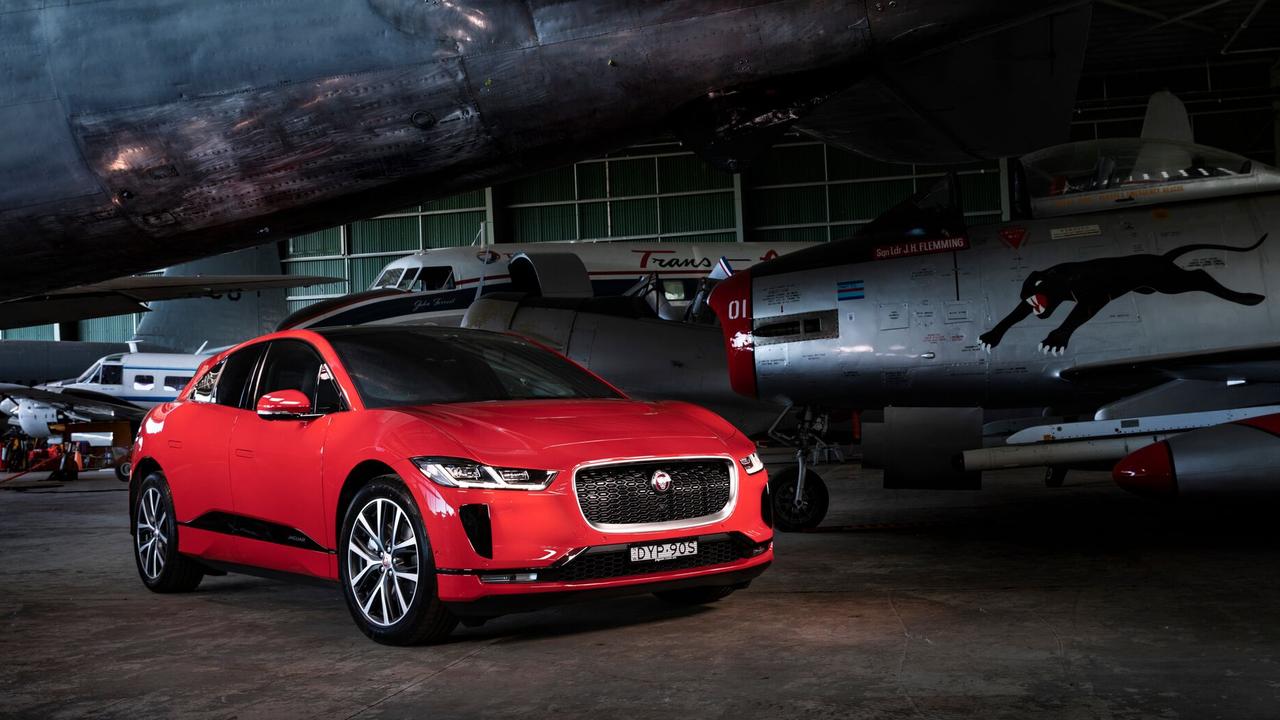
It means electric vehicle owners who travel 15,000 kilometres per year will have $375 added to their registration bill.
By comparison, a Volkswagen Golf 110TSI owner who completes 15,000 kilometres of driving while matching the car’s official petrol consumption figure of 5.4L/100km would pay $342.63 in fuel excise currently taxed at $0.423 per litre.

The NSW Government also looks likely to implement EV-based taxes in the future.
A NSW Treasury review of federal financial relations published in June 2020 said “electric vehicles still use the roads and must share the costs of doing so”.
Treasurer Dominic Perrottet told The Australian last week EV taxes are “something that I’d obviously want to take to cabinet within the next 12 months”.
Infrastructure Partnerships Australia chief executive Adrian Dwyer released a report in November 2019 saying taxes on electric cars would be “a home run reform” and must be introduced quickly.
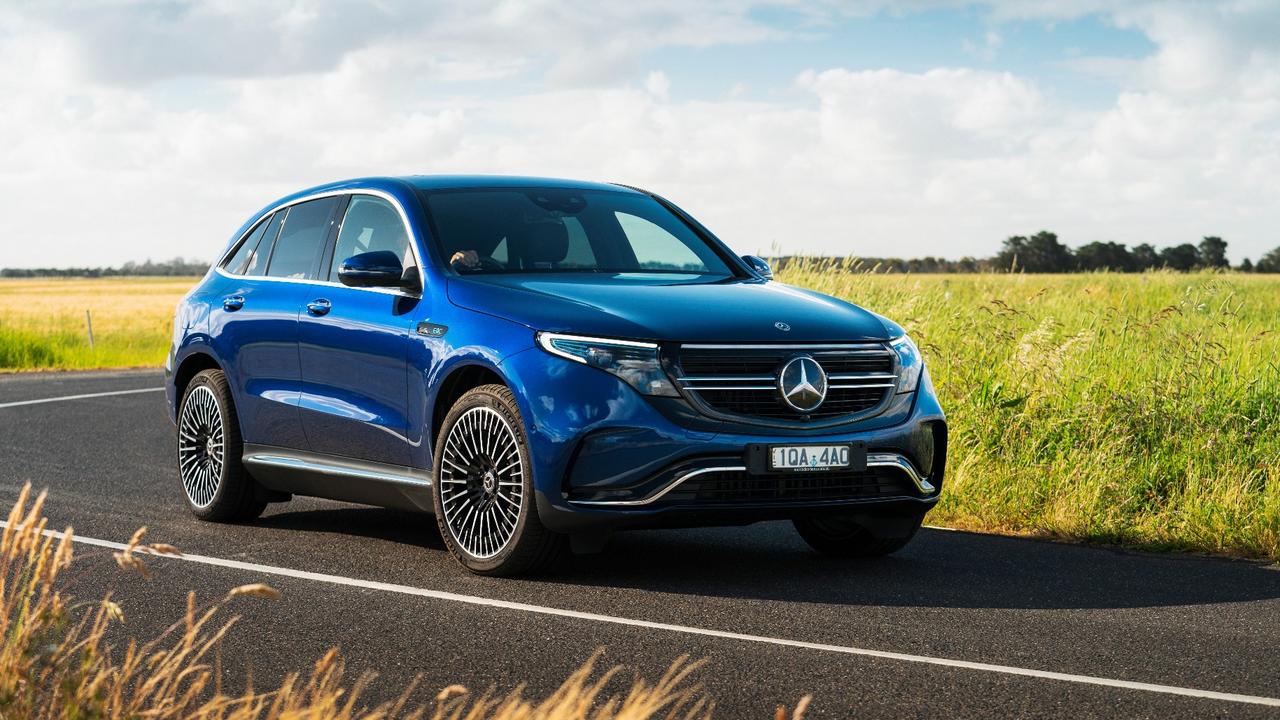
“Once there is an electric car in every street, the opportunity will be lost,” he said.
The Australian Automobile Association, parent body to motoring clubs such as the NRMA and RACV, says there is widespread community support for electric vehicles taxes.
A survey of more than 4000 of its members agreed that “owners of electric vehicles should contribute towards the costs of the nation’s roads in some way”.
AAA managing director Michael Bradley said the Federal Government should step in to make sure EV taxes are nationally consistent and do not stymie green car sales.
Electric cars represent far less than 1 per cent of Australian new car sales.
Tony Weber, chief executive for the Federal Chamber of Automotive Industries, said the Victorian Government’s decision to tax battery-powered cars could “kill the technology at its infancy”.
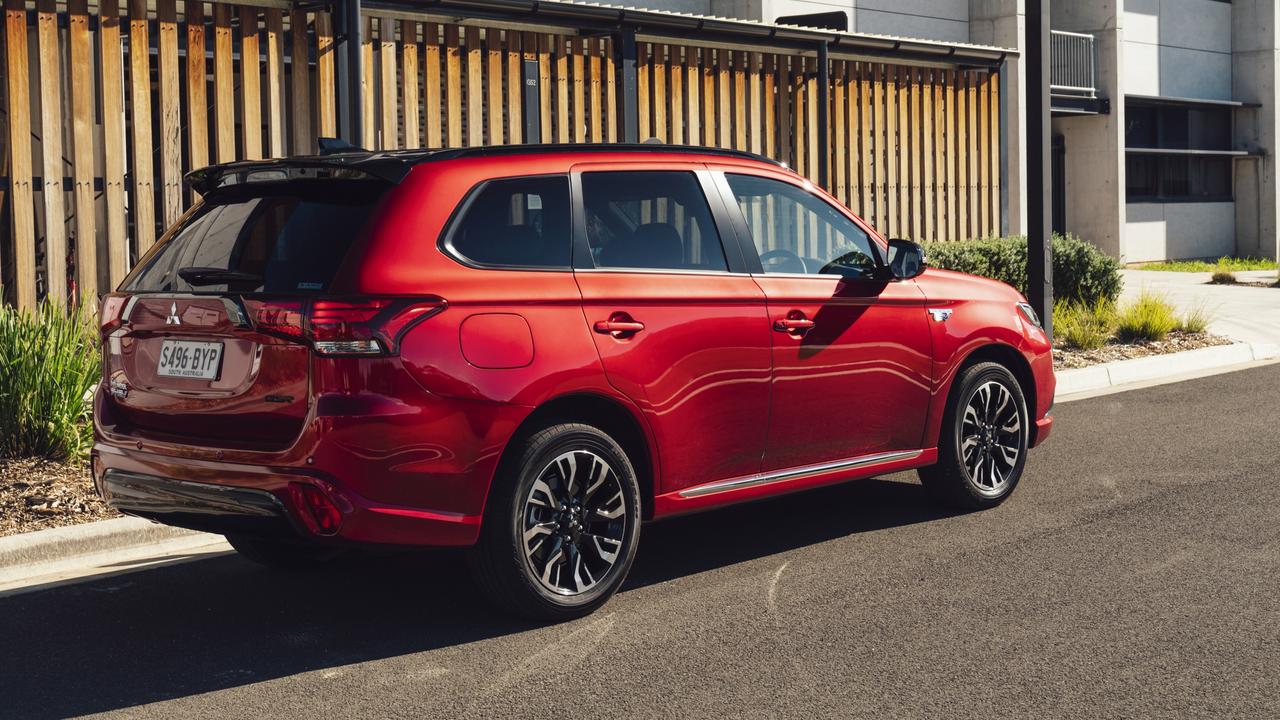
“Once again, we have a state government in Australia trying to destroy the path to a greener and cleaner motor vehicle fleet for this and future generations,” Mr Weber said.
“Don’t worry about health outcomes, don’t concern yourself about the environment – short-term revenue collection comes first.
“Other countries bend over backwards to increase the use of EVs and other low emission vehicles, because they recognise the benefits.”
Mr Weber said state governments might be racing to introduce electric vehicles taxes before any nationwide program takes hold.
EV Council chief executive Behyad Jafari said Victoria’s decision to tax green cars put the brakes on progress.
“This is deeply counter-productive and makes very little sense,” he said.
“Now is the time to be encouraging EVs, not holding them back with a new tax.”



